The short answer is that it is surprisingly difficult to roll your own read/write lock. It's very easy to miss a very subtle timing problem that could result in deadlock, two threads both thinking they have an "exclusive" lock, etc.
In a nutshell, you need to keep a count of how many readers are active at any particular time. Only when the number of active readers is zero, should you grant a thread write access. There are some design choices as to whether readers or writers are given priority. (Often, you want to give writers the priority, on the assumption that writing is done less frequently.) The (surprisingly) tricky part is to ensure that no writer is given access when there are readers, or vice versa.
There is an excellent MSDN article, "Compound Win32 Synchronization Objects" that takes you through the creation of a reader/writer lock. It starts simple, then grows more complicated to handle all the corner cases. One thing that stood out was that they showed a sample that looked perfectly good-- then they would explain why it wouldn't actually work. Had they not pointed out the problems, you might have never noticed. Well worth a read.
Hope this is helpful.
